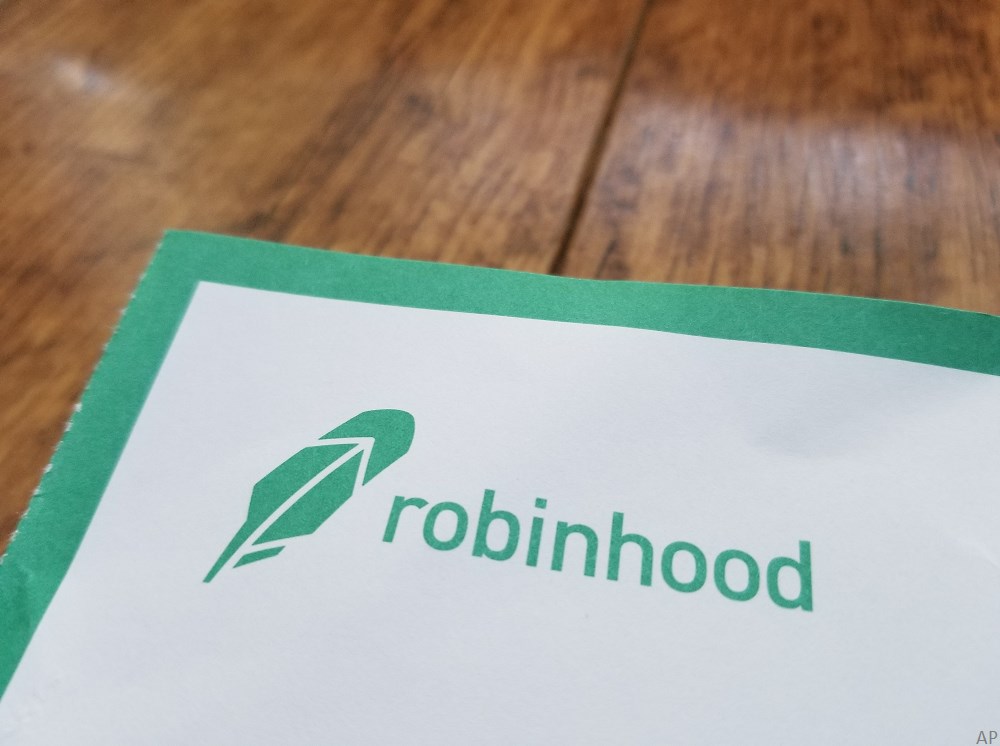
While Asian equities performed well in 2020 and overcame the challenges of the coronavirus pandemic, this year is proving less robust. The Asia Pacific Equity category is up 2.39% year-to-date (as of April 20), versus 23.92% last year. Mayur Nallamala, senior portfolio manager and head of Asian Equities at Hong Kong-based RBC Global Asset Management (Asia), thinks markets are taking a bit of a breather as they digest policy responses by large players such as China, and high valuations for certain sectors.
“While we are modestly optimistic about the year going forward--with a caveat that we are not sure about the new variants of the coronavirus and the vaccination successes of countries in this part of the world—it is unusual to see back-to-back very strong performances,” says Nallamala, lead manager of the $133.5 million 5-star bronze-rated RBC Asian Equity Fund D. In 2020, RBC Asian Equity Fund D outperformed the category as it returned 30.14%. Year-to-date it is up 2.28%.
The fund is unique as it is comprised of two underlying products: the bronze-rated RBC Asia Pacific ex-Japan Equity Fund, which has $2.9 billion in the standalone version, and RBC Japanese Equity Fund, which has $3.5 billion. Nallamala, who manages both funds, is a 23-year industry veteran who joined RBC in Hong Kong in 2013 after working at firms such as ABN AMRO and JP Morgan Asset Management and earning a Bachelor of Science in economics and economic history in 1998 at the London School of Economics.
Coping with COVID
Nallamala notes that countries such as Australia, New Zealand, Korea, China, Taiwan and Japan have contained the virus well relative to the rest of the world. “Barring a few sectors, economic activity has almost returned to normal. There has been relatively robust economic performance, led primarily by China, which is less correlated with Western markets. It has coped pretty well with the virus.”
Going forward, the catalysts to cause the market to continue to rally will be policy responses and monetary easing, says Nallamala, adding that the vaccine rollout is also critical in getting the virus under control and allowing economies to resume growth.
“What are not as favorable now, as compared to a year ago, are valuations. Markets are looking decidedly more expensive. Some of these markets ran up very quickly and have performed less well this year. China, which did very well in 2020, has underperformed other regional markets. Some of that may be due to a combination of fiscal tightening by China, and also concerns about valuations in certain key sectors.”
The risks to the downside, Nallamala adds, are renewed fears about the virus and concerns about the efficacy of the vaccines, especially to the mutated strains of the virus. There is also a worry that policy-makers may make an error and remove supports too soon and hike interest rates too quickly. “This is related to the point about valuation. As rates go up, more expensive stocks could potentially get hit harder,” says Nallamala, noting that some stocks in the information technology and consumer discretionary sectors are trading about 10-20% above their pre-pandemic levels. Moreover, there still remain geo-political risks that swirl around China’s relationship with the West that was exacerbated during the Trump presidency in the U.S., but have diminished somewhat under the Biden administration. “This remains a risk if things like sanctions continue.”
An Eye on ESG
From an investment perspective, Nallamala and his 10-person team are bottom-up growth investors who have a bias to quality names. They also lean to companies that adhere to environmental, social and governance (ESG) principles. “We look for businesses that have certain characteristics and attributes, in terms of management being aligned with investors and most importantly generate high returns on invested capital [ROIC], so we can make forecasts relatively easily,” says Nallamala. “From a compounding perspective these attributes add a lot of value over time.”
The team also looks at top-down themes that focus around the rising consumer class and middle class in once-poor countries that are getting richer over time. “We think about things such as infrastructure deficits or healthcare deficits. Countries have to provide better services to their populations. We try to leverage on those themes by favoring stocks that are best positioned to benefit from them.” While companies that meet the cut must generate an attractive ROIC, they must also conduct sustainable business practices that will make an investment secure over the long term. “We spend a lot of time thinking about ESG factors and are looking for companies that meet a lot of specific criteria. Then we put together a portfolio of the best companies in the region.”
In terms of geographic composition, currently, it is split between about 67% in the Asia-Pacific equity fund and 33% in the Japanese equity fund. In aggregate, about 22% of the fund is held in the information technology sector, followed by 18.9% consumer discretionary, 15% financial and 14.3% communication services. The sector weights are a by-product of the stock-picking process.
Running a fund that has about 130 names, Nallamala cites long-term holdings such as CSL Limited (CSL), a Melbourne, Australia-based firm that collects blood plasma that is used to create therapies for diseases such as hemophilia. It is primarily active in the U.S., where the pandemic has led to a disruption in their ability to gather plasma. Nallamala notes that the firm’s ROIC has gradually risen from the low teens to the mid-20s. “Every year it gets a little better and more efficient and creates increasingly complex solutions to rare diseases.” Admittedly, the stock is expensive as it trades at about 38 times forward earnings, given the ongoing COVID-related impacts. “It’s expensive, but these kind of firms trade at a premium. It’s a good business with a very long record of achieving consistent returns.”
Another favorite, that was acquired about 18 months ago, is Sea (SE), a Singapore-based software firm that specializes in online gaming and digital payments. Its American Depository Receipt is listed in New York. “Its stock has done well because it has reinvested in its business aggressively. And it has an e-commerce business in markets that were relatively under-penetrated,” says Nallamala, adding the firm has invested heavily in markets such as Thailand and Indonesia. Thanks to rapid revenue growth the firm has seen its market capitalization grow more than 30-fold in the last seven years. “We took some time getting comfortable with the company,” says Nallamala. “But it has managed to beat our expectations.” In the past year, the stock has risen to US$240 from US$52.









.jpg)












